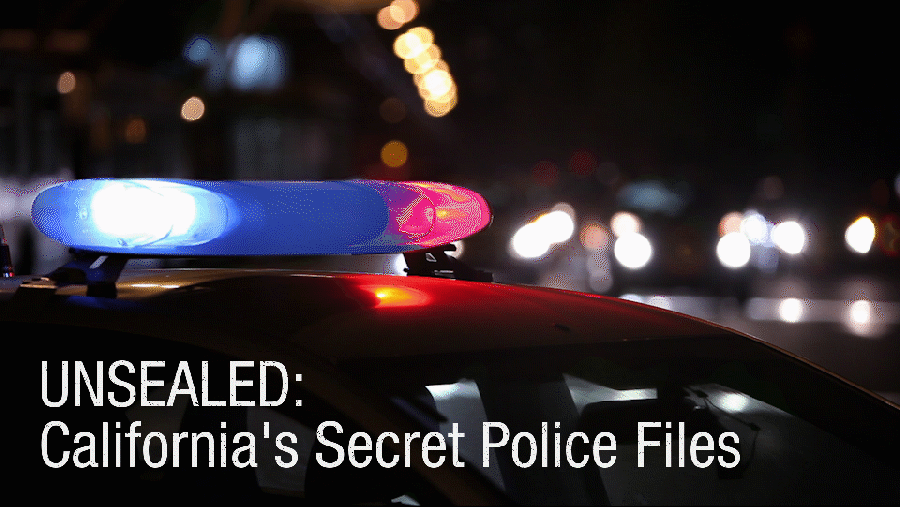Michael Rains, an attorney representing the Ventura County Deputy Sheriffs' Association, which sued to block access to past records, did not immediately respond to a request for comment.
The Ventura County Public Defender’s Office intervened in the case to oppose the union’s "retroactivity" argument.
"We respectfully disagree with Judge Walsh," Senior Deputy Public Defender Michael McMahon said in an interview Friday. He added that he is "profoundly disappointed" that Walsh's ruling glosses over the controlling state appeals court decision, as he raised it in the case several times.
"I fully anticipated he would address that argument in his written decision," McMahon said. "But he does not. And in fact says there is no appellate guidance. We believe that's at variance with the facts."
McMahon said the public defender's office is still considering whether it will file an appeal. Right now, Walsh's ruling applies only to agencies in Ventura County, but if a Southern California appeals court agrees with Walsh, that would undue the binding precedent set by justices in Northern California.
"There's a risk," McMahon said.
KQED and the San Rafael-based First Amendment Coalition filed briefs in the case defending SB 1421’s application to older records.
"To call this order an outlier doesn't begin to describe it," David Snyder, executive director of the First Amendment Coalition, wrote in an email. "The (Ventura) court doesn't even try to explain why it's not following the higher court — it simply says, contrary to fact, that there is no Court of Appeal decision. I don't know what to call it other than bizarre."
All other trial decisions have gone in favor of news organizations that have filed lawsuits to enforce the law's application to pre-2019 records. The records so far released have shown cops disciplined or fired for everything from smashing a state hospital patient's face into a wall, to stealing tens of thousands of bullets from a police armory, to officers who committed domestic violence.
A Sacramento Superior Court judge ruled on June 6 that the Ventura County sheriff had violated state law by failing to promptly turn over records dating back five years. That lawsuit was filed by the Sacramento Bee and Los Angeles Times.
A San Francisco judge chastised the state attorney general and the California Department of Justice on May 17, when ruling that the new transparency law applies to past cases. That case was brought by the First Amendment Coalition and KQED.
San Francisco Judge Richard Ulmer relied directly on the state appeals court ruling that Walsh appears to have ignored.
“I’ve got to follow what they say, don’t I?” Ulmer asked rhetorically.
This story was produced as part of the California Reporting Project, a collaboration of 40 newsrooms across the state to obtain and report on police misconduct and serious use-of-force records unsealed in 2019.

